Renewed Hope in Nissan's Future: A Glimpse into Espinosa's Vision for N7 and Silvia
![]() 03/19 2025
03/19 2025
![]() 624
624
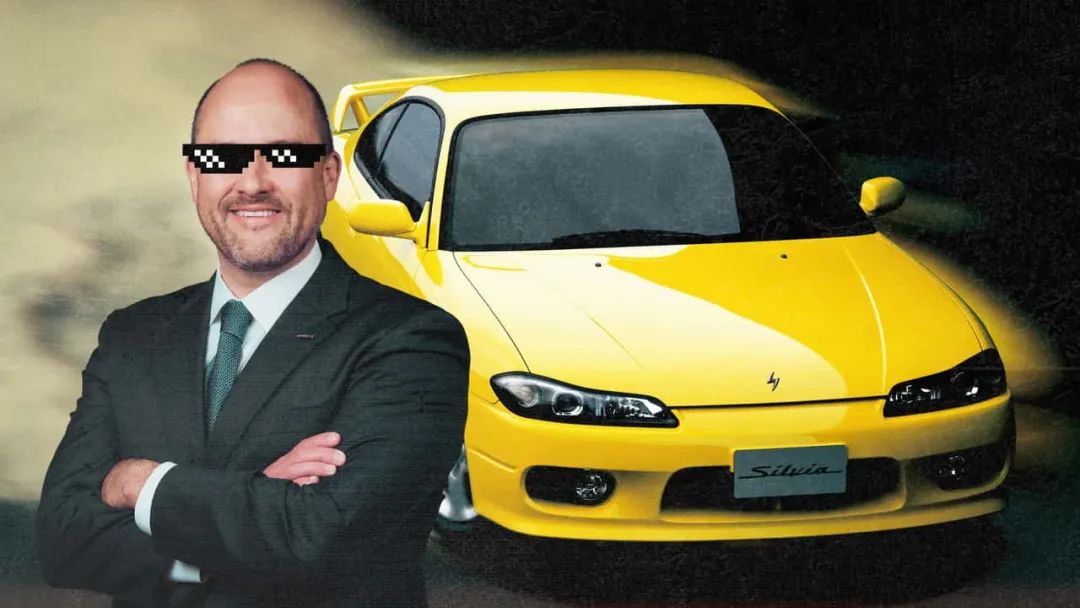
Introduction
Espinosa has unveiled plans primarily targeting the North American and Chinese markets, signaling a fresh start for Nissan.
Ivan Espinosa, who has dedicated half his career to Nissan, has recently been entrusted with the responsibility of steering this troubled automaker towards recovery. On March 11, Nissan Motor officially announced Espinosa's appointment as its fourth CEO in nearly eight years.
Prior to this, Nissan's potential merger with Honda fell through in February, and the company announced mass layoffs of thousands of employees last year. Last month, Moody's downgraded Nissan's credit rating to junk status, and the company projected annual revenue losses exceeding $500 million in November.
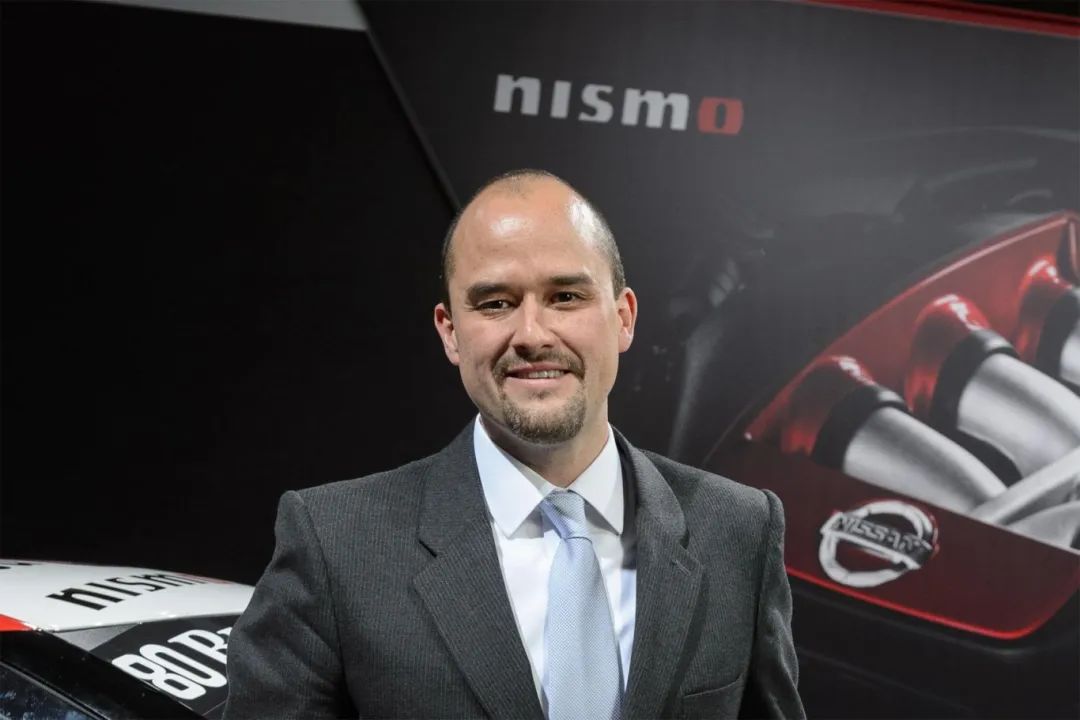
Apart from navigating Nissan's existing crises, Espinosa must also confront Trump's proposal to impose tariffs on imported cars from Japan, Canada, and Mexico. Even Nissan's board chairman acknowledged the enormity of Espinosa's task, describing it as a "very challenging start".
However, outgoing CEO Makoto Uchida has full faith in his successor, Espinosa, believing he has the capability to tackle future difficulties. "Espinosa is in his 40s, full of energy," Uchida commented, "and he's also a true car enthusiast."
While Espinosa seldom discusses specific plans to revive Nissan, his extensive experience within the company is noteworthy. He has overseen Nissan's global product strategy and product portfolio management, led product planning and development initiatives, and worked in Mexico, Thailand, Switzerland, and Japan.
Espinosa holds a Bachelor of Science in Mechanical Engineering and Business Administration from the Monterrey Institute of Technology and Higher Education, a private university in Mexico, and has completed the Executive Education Program at Harvard Business School.
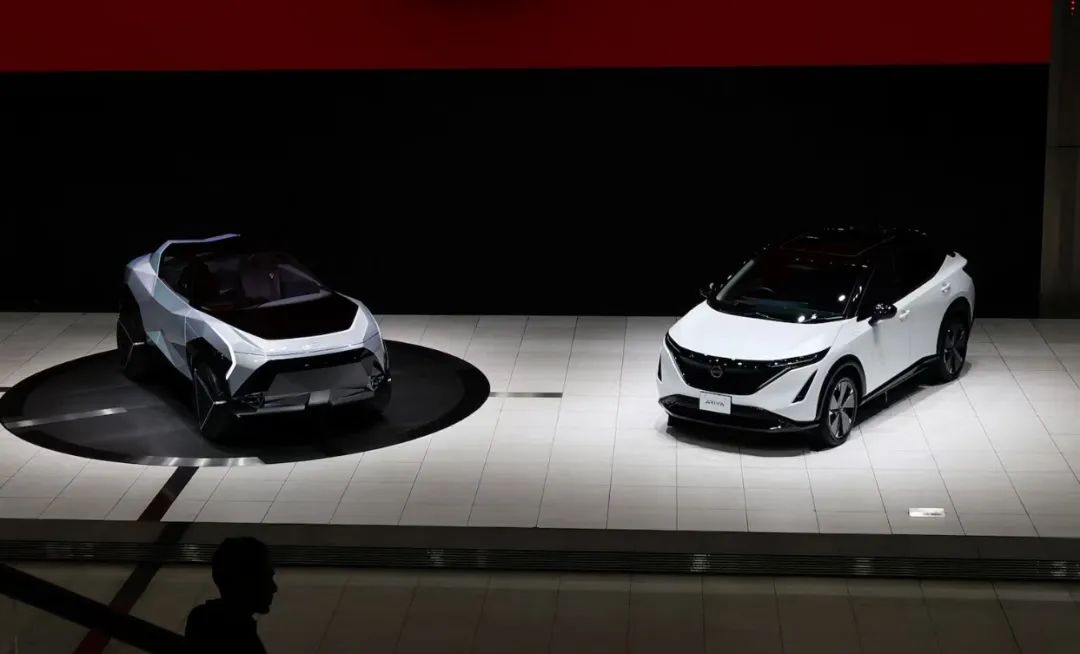
In 2016, Espinosa relocated to Nissan's global headquarters in Japan, where he held several leadership positions and was appointed Chief Planning Officer last year. This appointment aligned with Nissan's shift in focus towards investing in electric vehicles.
01 "True Car Enthusiast"
Last Tuesday, in addition to appointing a new CEO, Nissan Motor announced new positions for several other executives as part of its management restructuring.
This leadership change follows a series of management missteps at Nissan, including declining profits and the failed merger plan with Honda Motor last month. These events led to subsequent actions such as reducing global production and adjusting arrangements for American workers.
At the press conference, Nissan's new CEO, Ivan Espinosa, sidestepped the issue of reconsidering the merger with Honda. He stated, "My current focus is on working with the team, inspiring their enthusiasm, and looking to the future together."
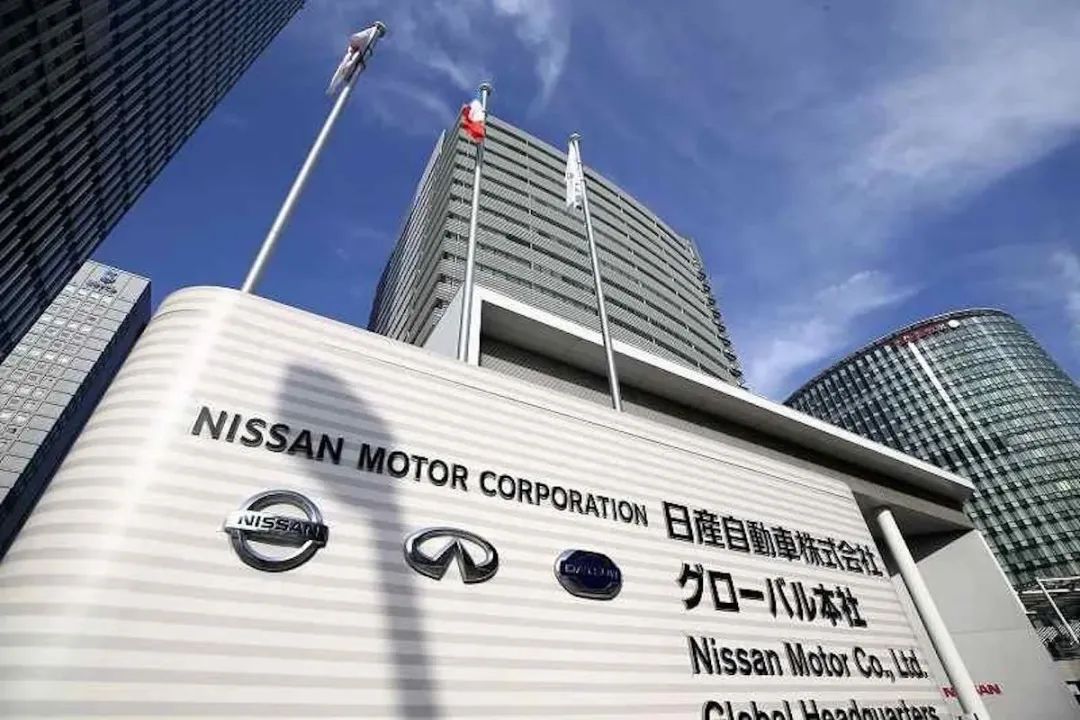
Espinosa will be supported by a new executive committee reporting directly to him from April 1. The committee members include:
·Guillaume Cartier, serving as Chief Product Officer of AMIEO and Chairman of the Management Committee, with expanded responsibilities encompassing global marketing and customer experience.
·Jeremie Papin, Chief Financial Officer, also serving as an executive officer.
·Ma Zhixin, Chairman of the Nissan China Management Committee.
·Mitsuro Antoku, serving as Chief Quality Officer.
·Toru Ihara, serving as Chief Human Resources Officer.
·Eiichi Akashi, former Corporate Vice President of the Automotive Planning and Automotive Parts Engineering Division, succeeding Kunio Nakaguro as Chief Technology Officer and Executive Officer.
·Teiji Hirata, Corporate Vice President responsible for the Automotive Production Engineering and Development Division, appointed Chief Manufacturing Officer and Executive Officer. He will oversee manufacturing and supply chain management, replacing Hideyuki Sakamoto, who currently holds this position and is a board member.
The incoming CEO will also have two direct subordinates:
·Manabu Sakane, Corporate Vice President responsible for procurement, appointed Director of Strategic Acceleration.
·Tatsuzo Tomita, Second Corporate Vice President responsible for product development, appointed Director of Total Delivered Cost Transformation, and he will also take over Akashi's responsibility for the company's R&D work.
Additionally, the automaker announced that Shohei Yamazaki, Chairman of the Japan-ASEAN Management Committee, will oversee Nissan's subsidiaries.
Nissan Motor spokesperson Brian Brockman revealed that Makoto Uchida and Hideyuki Sakamoto will retain their board positions until the annual general meeting scheduled for June.
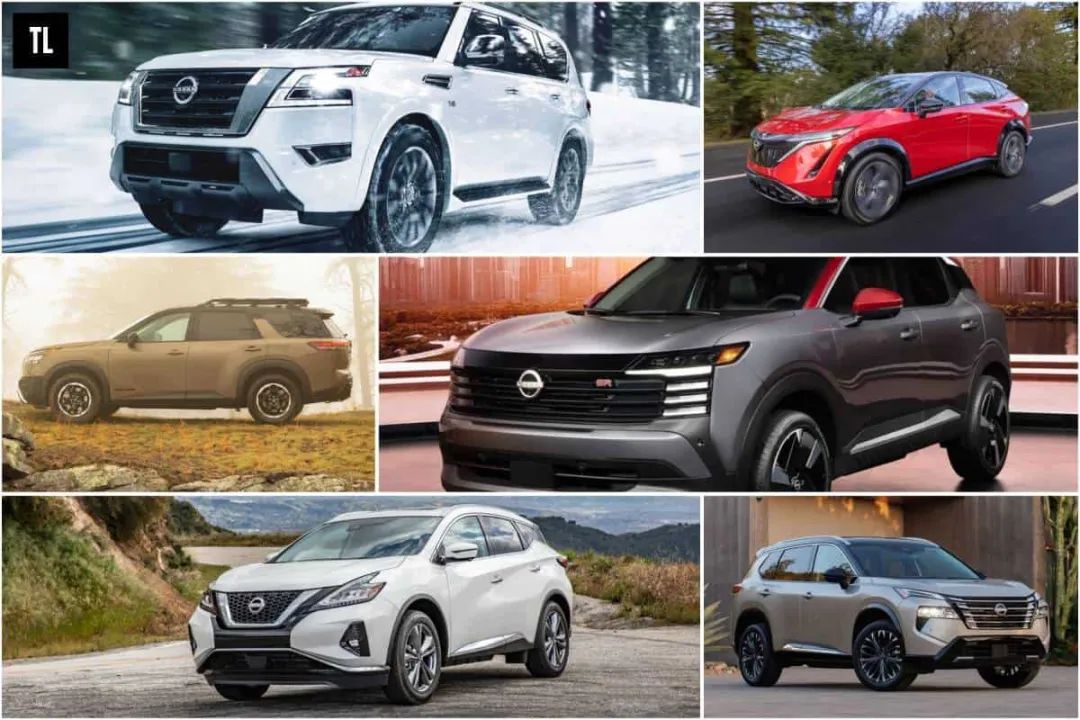
Discussing Nissan's future, Espinosa, who has been with Nissan for over 20 years and served as Chief Planning Officer, views restoring profitability and improving operations as his top priorities following months of declining sales and weak financial performance.
"Regarding production capacity, we will conduct a comprehensive review of the entire system," he said. "We have been striving for a 360-degree turnaround and will continue to assess and execute." He further added, "I sincerely believe that Nissan's potential far exceeds what we see now."
It's worth mentioning that Espinosa has a long history of working in Nissan's NISMO division. For the uninitiated, NISMO is Nissan's performance and motorsports division, suggesting he might be a true product enthusiast, not just an accountant adept in any industry.
This is crucial as Nissan's product lineup is no longer as novel and eye-catching as it once was. Nissan missed the first wave of hybrid vehicles in the US and has struggled to remain competitive in global markets like China, where electric vehicles are abundant. If Espinosa doesn't want Nissan to continue eroding under competition, he needs to make swift decisions about the company's global direction, and he has indicated that this is his intention.
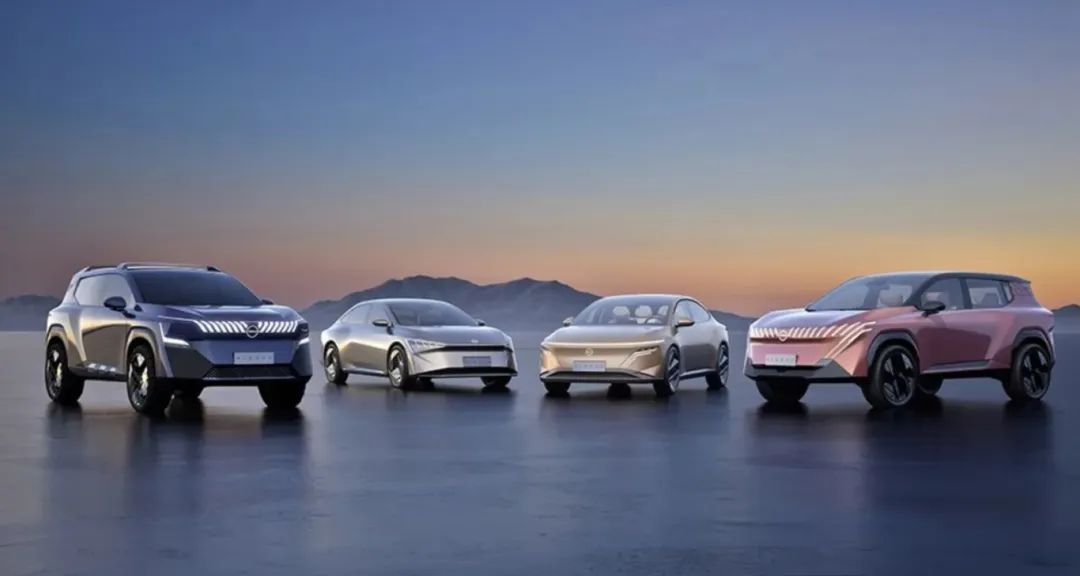
Espinosa stated that "strengthening Nissan's product lineup" will be his top priority, aiming to restore stability and growth to the company. The real question is whether Nissan can achieve this alone.
02 Key Products in the Chinese and American Markets
Espinosa revealed plans primarily targeting the North American and Chinese markets. He said North American customers can expect a comprehensive rebranding of the Nissan brand, while Chinese customers can anticipate Nissan's increased focus on locally-oriented electric vehicles. Espinosa believes these initiatives will bring greater stability and faster growth to Nissan.
Part of Nissan's future growth potential lies in paying more attention to enthusiast-loved vehicles. Espinosa has previously expressed interest in designing and manufacturing cars that can revive Nissan's popularity among enthusiasts from the 1990s and early 2000s.
Specifically, the current CEO hopes to bring back cars that excite and entertain young people. Espinosa said ideally, he would manufacture a small electric sports car.
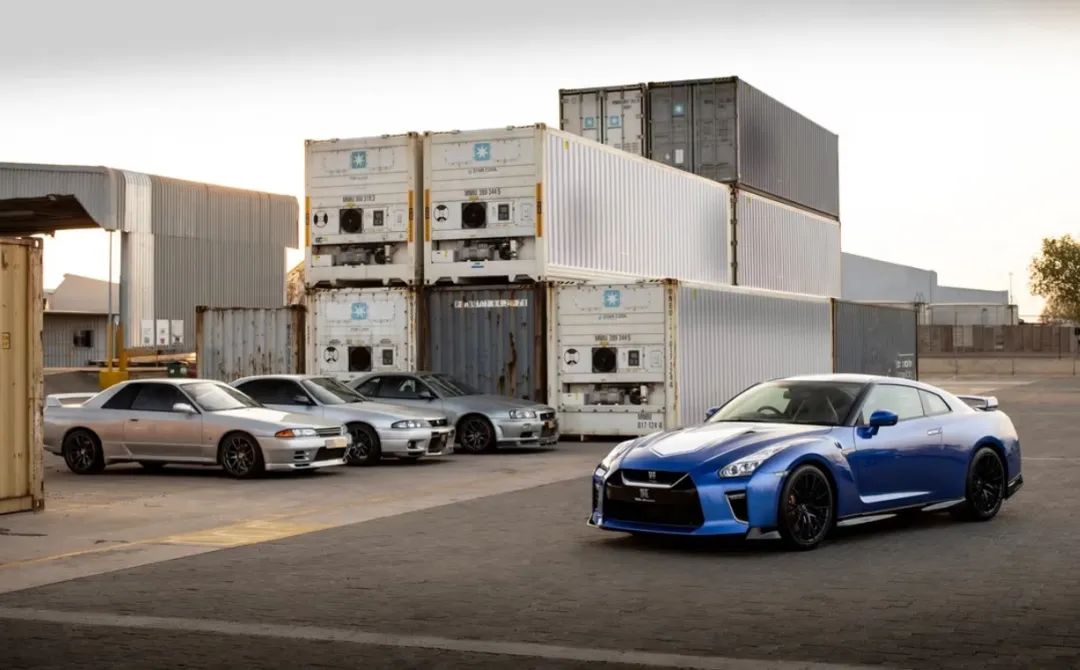
"At different times, we've always had the GT-R, the Z series, and entry-level models, either popular hatchbacks like the Pulsar or other models at that price and performance point. Now, we kind of miss that price and performance point, and it's one of the factors that can bring the brand's popularity back up," he said.
During his tenure as Vice President of Global Strategy, Espinosa expressed his dream of bringing back the beloved Nissan Silvia sports car to the market. "It will be a challenge," he said at the time, adding that it might be possible with the right plan.
The Silvia sports car had a dedicated following before it was discontinued in 2002. Although Nissan currently faces more pressing financial issues, the company lacks a true halo model since stopping orders for the R35 GT-R. The launch of a new Silvia could help elevate Nissan's brand image and reignite the enthusiasm of car enthusiasts.
However, Espinosa's top priority remains stabilizing the automaker. His rich experience in planning and strategy may play a crucial role in reshaping Nissan's future. His deep involvement in product development gives him a clear understanding of what resonates with customers.
Bringing back the Silvia sports car to the market is no easy task, requiring significant financial commitment from the company. While the sports car market isn't what it used to be, brands like Toyota and Mazda have succeeded with enthusiast-level models. If handled properly, a modern Silvia has the potential to become a direct competitor to the Toyota GR86.
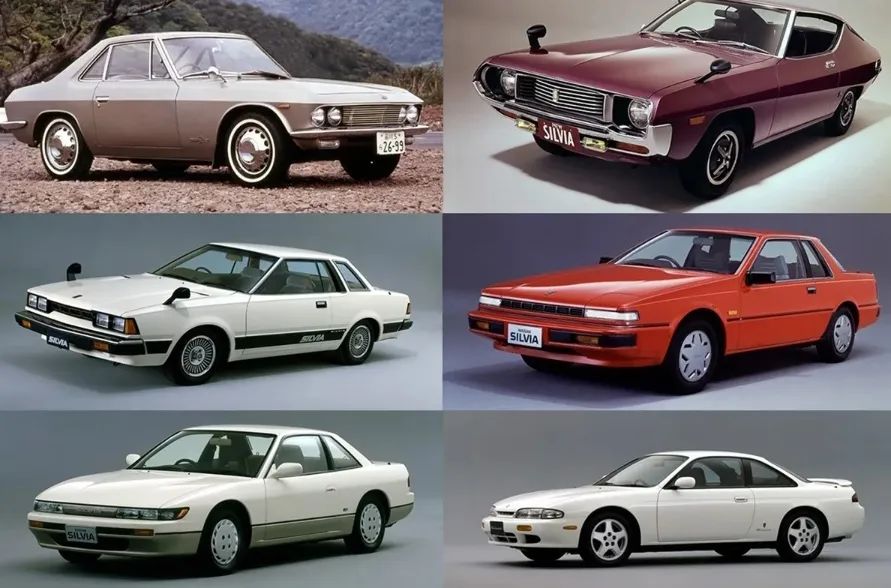
Currently, Nissan has not confirmed any plans for the model, but under Espinosa's leadership, the idea is at least on the agenda.
Additionally, Espinosa mentioned Nissan's recently launched N7 sedan in China, developed in collaboration with Dongfeng. He said the car has received a positive response and is "an early stage of our move towards the future".
Reportedly, the Dongfeng Nissan N7 has garnered a warm response in the Chinese market. Behind its success lies the brand's deep understanding and precise control of product strength, market strategy, and consumer needs.
Centered on the "Interstellar Aesthetics" design language, the N7 caters to the fashion and individuality pursuits of young families. The light language system supports custom text and pattern interaction, providing users with a unique way to express their individuality. With a wheelbase of 2915mm and a trunk capacity expandable to 1548L, it accurately meets family users' needs for multi-scenario travel.
In terms of intelligent cabin and driving experience, the high-level intelligent driving system jointly developed by N7 and Momenta supports urban and highway NOA functions, as well as full-scenario parking capabilities. The zero-pressure cloud blanket seat is equipped with 49 sensors that adjust support in real-time to relieve long-distance fatigue, earning it the nickname of a "moving sofa".
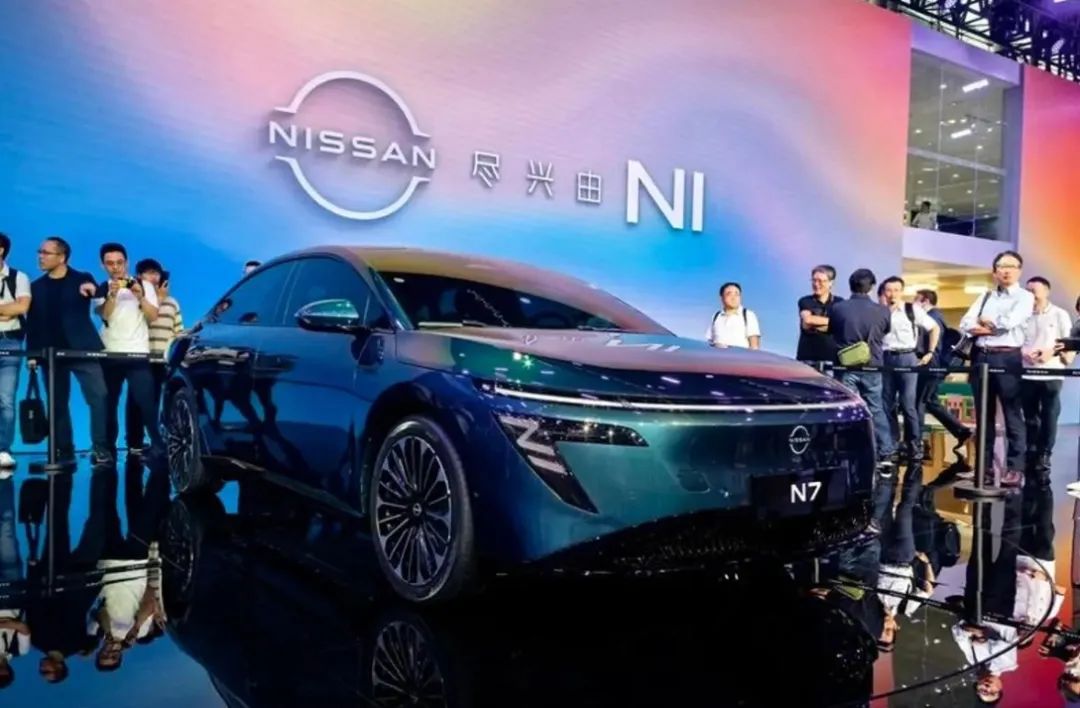
The localized research and development based on the "Tianyan Architecture" integrates a 14-in-1 intelligent electric drive and an end-to-end intelligent driving system, showcasing the rare self-research and innovation integration capabilities among joint venture brands. Ecological cooperation with local technology enterprises such as Huawei, Gaode, and Baidu accelerates the intelligent layout and enhances user stickiness.
Originating from precise insights into family users' needs, the N7 directly targets the budget range of mainstream family users with a pricing of 150,000-200,000 yuan, forming differentiated competition with competitors like BYD Han EV and Xpeng P7+. With its three advantages of large space, comfort, and intelligence, it meets family users' dual needs for practicality and quality.
From the US to China, from brand to operations, from product to strategy... It can be said that Nissan's board of directors now hopes Espinosa can lead the company back on track. If he can launch exciting and competitive cars while keeping Nissan ahead, perhaps the company can find a way out.
But if financial difficulties persist, and Nissan cannot cope alone or find a powerful partner, then Espinosa might not just be another name crossed off Nissan's long list of CEOs – he might be one of the last few.
Responsible Editor: Shi Jie Editor: He Zengrong







